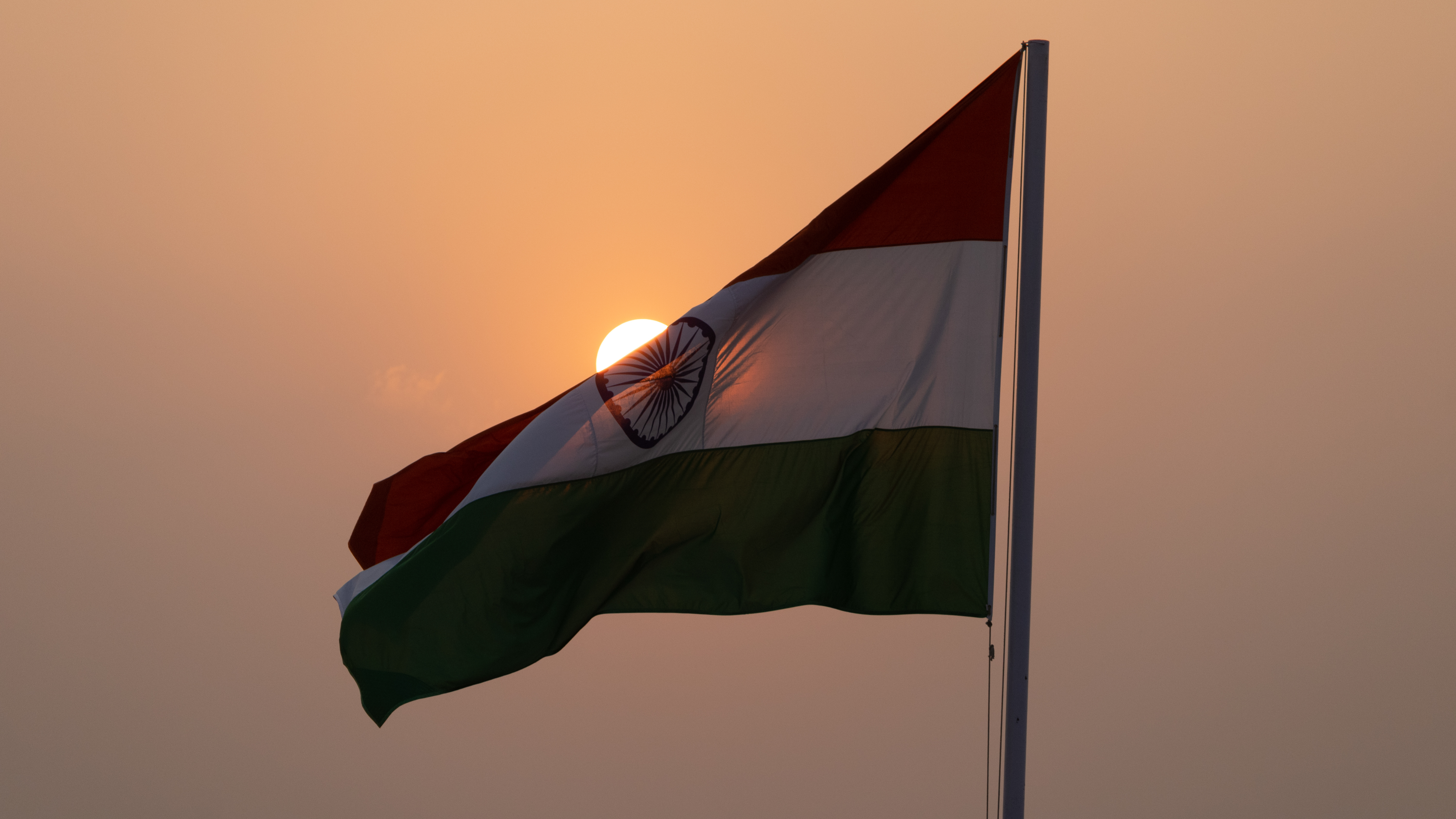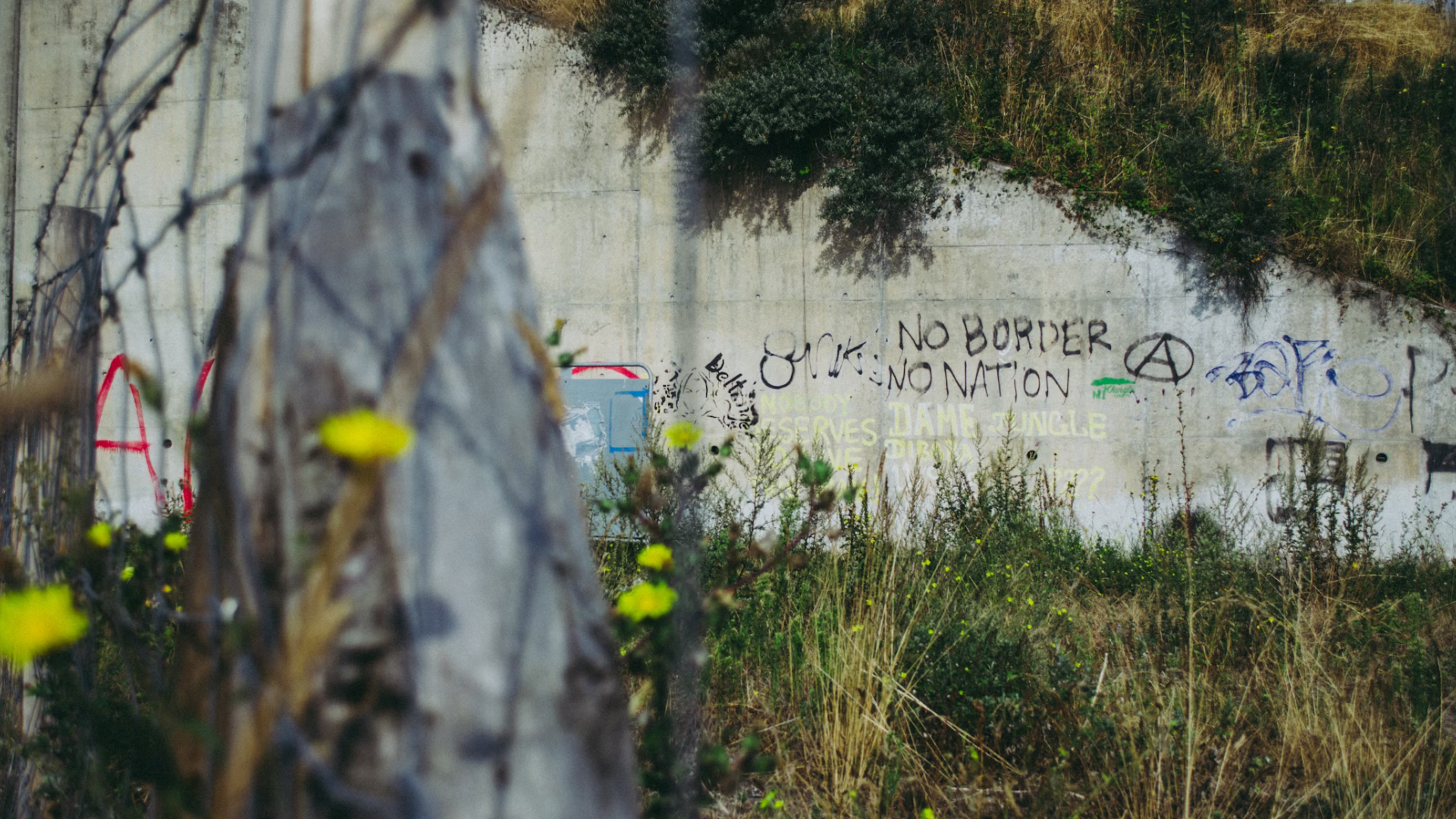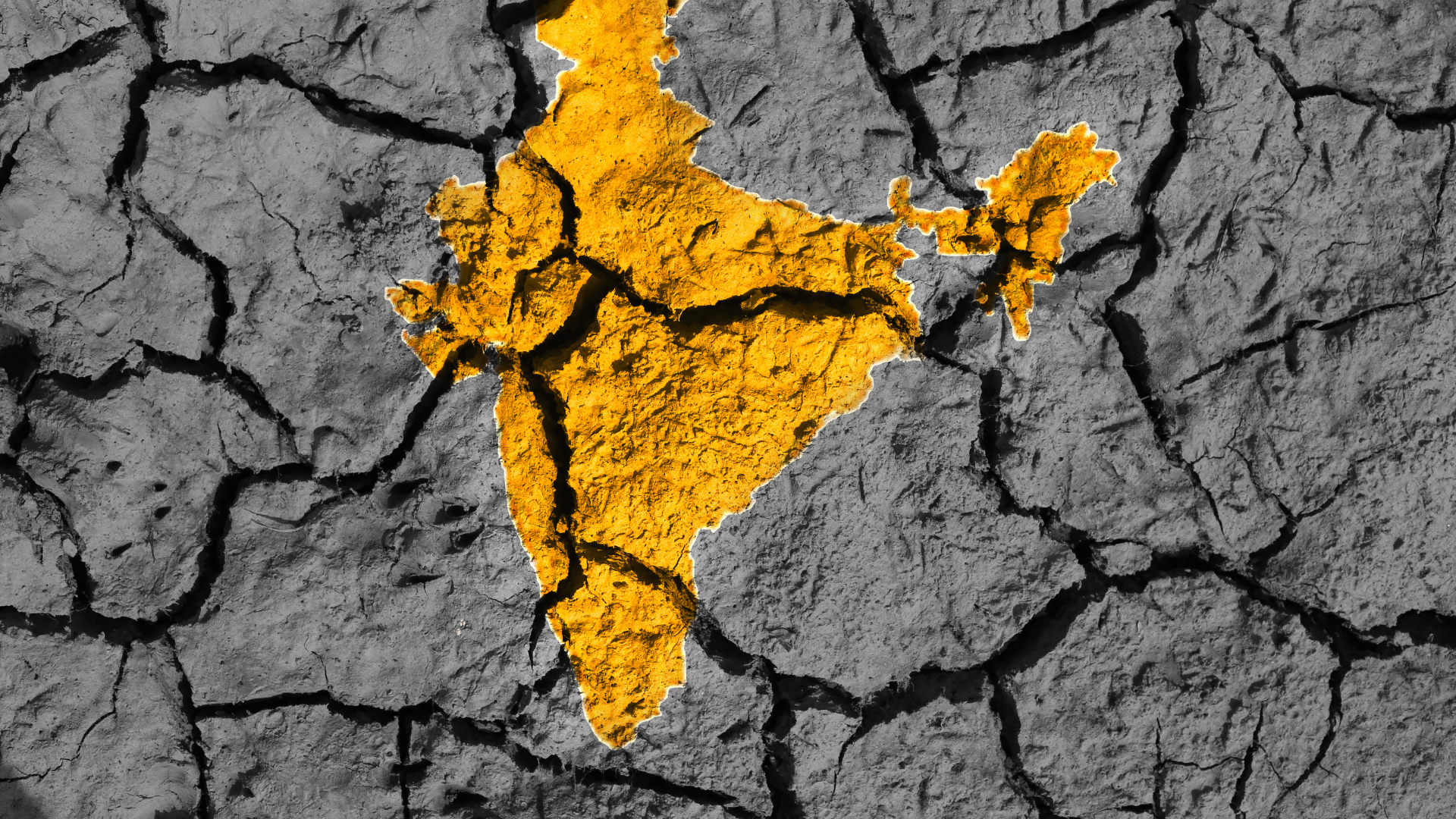International law guarantees certain inherent rights which cannot be violated by states. It imposes an obligation on states with regards to economic, social, and cultural rights that can be achieved through international cooperation and assistance. Such extraterritorial obligations on states are necessary for the protection of fundamental rights of refugees.
However, as India is not a signatory to the 1951 Refugee Convention, it is only bound by the rules of the South Asian Association for Regional Cooperation. Further, there is no formal refugee policy in India. These can be considered a major reasons for the improper treatment of refugees in India. Although bilateral agreements were entered into by India, such as with Bangladesh on the Chakma agreement, there has been only ad-hoc and temporary standards for refugee protection, thus jeopardizing the human rights of refugees.
Further, the United Nations High Commissioner for Refugees (UNHCR) has only one office in the entire country, in New Delhi, to determine the status of asylum seekers. Thus causing the agency to completely fall short of providing legal assistance to refugees in other parts of the country. Though the Supreme Court has recognized the rights of asylum seekers to non-refoulment, the effect of this on environmental refugees remains unclarified and it is left to be determined by the UNHCR on a case-to-case basis.
Climate change-induced displacements have caused grave violations of human rights all over the world. The missing refugee label has been apparent over the years following the Refugee Status Determination (RSD) system in India. Even worse, despite environmental refugees being recognized by the United Nations Framework Convention on Climate Change (UNFCCC), this recognition is not granted in India, causing them to be deprived of the benefits they ought to receive with the refugee label. This in effect forces people to reside in the country as illegal immigrants, denying them of their very basic rights.
One of the prominent rights guaranteed to environmental refugees is the right to non-refoulment which provides that no-one should be returned to a country where they would face torture, cruel, inhuman or degrading treatment or punishment and other irreparable harm. Non-refoulment with regards to climate change was considered by the United Nations Human Rights Committee (UNHRC) in the landmark case of Ioane Teitiota v. New Zealand. The court held that the forcible return of a person to a place where there is threat to life due to climate change amounts to a violation of their human rights. Further, the UNHRC has stated that environmental degradation can be brought within the scope of the violation of the right to life under Article 6 of the International Covenant on Civil and Political Rights (ICCPR). Further, the UNHCR also held that environmental contamination with proven long-term health effects may be a sufficient threat, provided there is sufficient evidence showing that the harmful quantities of contaminants have reached, or will reach, the human environment to be a criterion for Article 6 cases, thus, identifying the aspects of right to a healthy environment.
India has ratified the Universal Declaration on Human Rights (UDHR), the ICCPR and other international treaties which obligate it to protect the human rights of environmental refugees. This not only includes addressing their needs and assisting them before and during the asylum-seeking process, and after being granted refugee status, but also includes: initiating action to mitigate climate change to prevent its negative impacts on human rights; ensuring all persons have the capacity and means to adapt; and ensuring accountability and effective remedies for harms caused by climate change.
Basic needs include access to basic services and assistance in health, nutrition, food, shelter, energy, education, as well as domestic items and specialized services for people with specific needs. The UNHCR defines the basic needs approach as a ‘way to enable refugees to meet their basic needs and achieve longer-term wellbeing through means to survive and services based on their socio-economic vulnerabilities and capabilities’ (UNHCR). In addition, a ‘poverty lens’ should be taken, alongside the prioritization of refugees who are economically and socially disadvantaged.
Refugees have a right to choose a country of residence, this in turn is linked to the states’ responsibility to receive them. This is considered as a form of partial compensation for injustice and trauma and loss and damage. Certain states have shown a positive response to this principle by incorporating legislation protecting environmental refugees. Bolivia has referenced climate change-induced asylum seeking and protection of rights of such refugees. Similarly, Kenya in its National Climate Action Plan has addressed seeking refuge to be a potential coping mechanism for climate change. Though India has a plethora of environmental laws, none of them have been aimed at dealing with the important aspects of climate change adaptation. Further India doesn’t have a national adaptation plan thereby leading adaptation programs to be fragmented, sector specific and small- scale. Thus, India’s action on climate mitigation still remains opaque.
Issues regarding environmental refugees were raised in early 2022 when the Union Minister for Environment, Forest and Climate Change, Bhupender Yadav claimed in a Parliamentary session that India was prepared to deal with environmental refugees. But no plan was presented to substantiate this. Further, India has no officially reported data related to environmental refugees or internal displacements related to climate change. If not recognized and accounted for, such displacements can have a negative impact on India’s already climate-vulnerable communities.
The policy lacuna in recognizing refugees in India has already caused a situation of crisis in the country. Thus, as a first step, the Parliament of India must enact stringent climate adaptation legislation. Secondly, the Parliament has to form an inclusive policy or provide a domestic law for refugees providing them a legal pathway to enter the nation and enjoy the rights guaranteed to them under international law. This would also require the setting up of a decentralized system where the determination of refugee status is more systematic, transparent and accessible. The resettlement and adaptation plan must also include the implementation of a basic standard of living and protection of fundamental rights. Thirdly, the state should enter into bilateral agreements with climate vulnerable countries to facilitate the safe movement of people. If the following continues to be unaddressed, the fundamental rights of the refugees are left in jeopardy.




لخخخخخخخخخخخخخخخخخخخخخخ
Very informative and well written